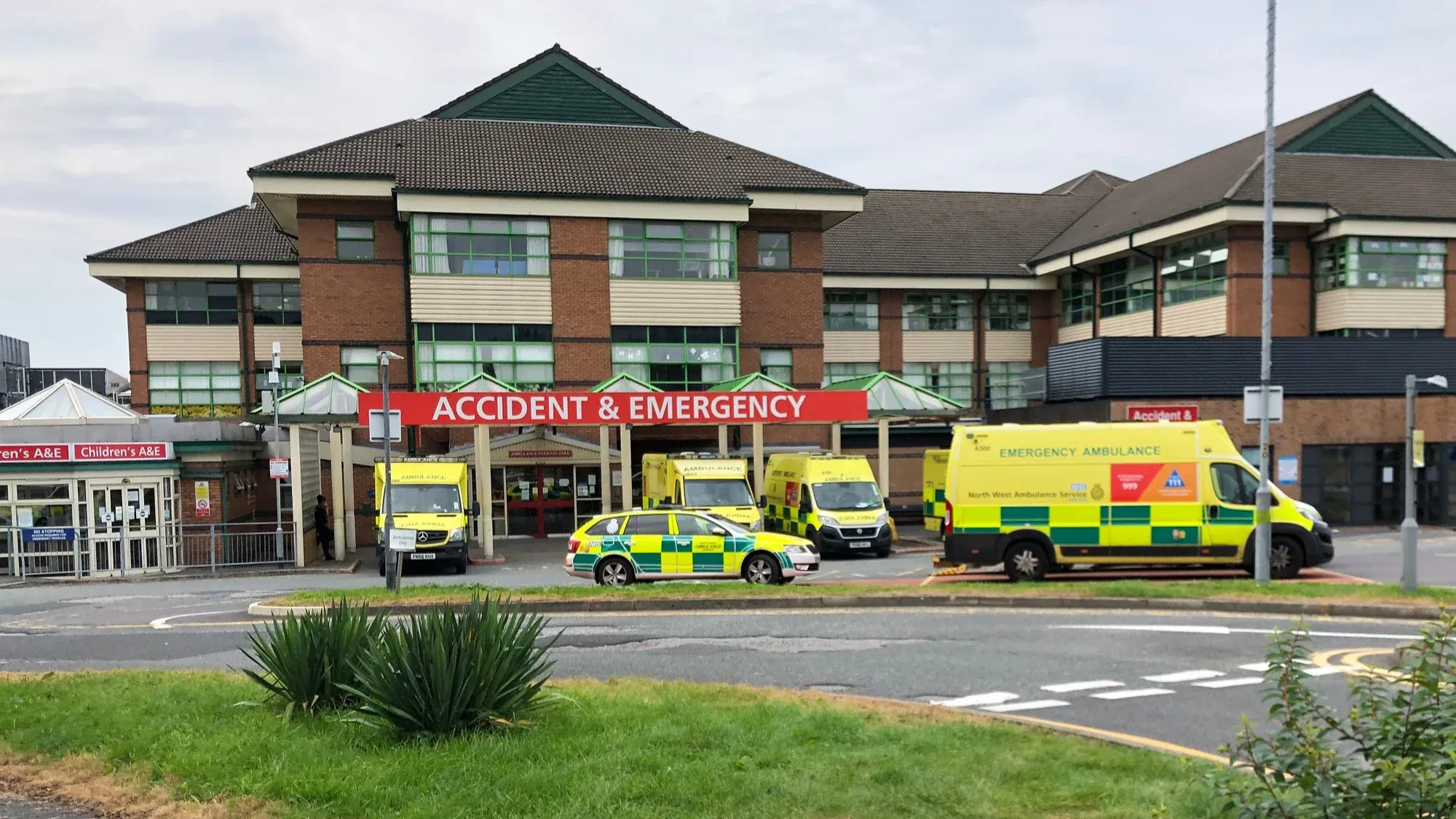The impact of AI at The Royal Bolton NHS Hospital, UK
Back
Royal Bolton Hospital, part of Bolton NHS Foundation Trust, was the first NHS trust to adopt radiology AI, deploying Qure’s qXR solution in April 2020.
It was the height of the COVID-19 pandemic with the hospital experiencing a heavy footfall of symptomatic patients. qXR was used by both clinicians and radiologists for the reporting of chest X-rays as a second read to ensure no potential cases were missed and to support clinical decision-making for better patient outcomes.
Introduction
The Royal Bolton Hospital in Farnworth, Greater Manchester is home to Bolton NHS Foundation Trust, providing healthcare services for people in the Metropolitan Borough of Bolton and the surrounding areas. The Trust was the first in the UK to deploy qXR, an imaging interpretation tool developed by Qure.ai, to help medical staff effectively monitor the extent and progression rate of COVID-19 in patients through the automated analysis of chest X-rays.
Challenges
The initial months of 2020 saw an alarming spike of COVID-19 cases in the UK. It resulted in an immediate impact on the NHS, medical and social care systems as they faced the challenge of ensuring adequate testing. Patients suffering from the illness placed unprecedented demands on acute care services, particularly on intensive care units (ICUs) and the already burdened medical workforce. This resulted in a substantial rise in mortality rates.
As in other parts of the UK, Bolton faced an influx of COVID-19 patients and needed a system in place to improve efficiency in prognosis and alleviate the workload of the hospital staff.
COVID-19 clinically presents itself as consolidation, which are accumulations of fluid and/or tissue in pulmonary alveoli preventing gas exchange or ground-glass opacity, and through nodular shadowing. It primarily affects peripheral and lower areas of the lungs.
Qure’s deep learning-based automated chest X-ray interpretation platform – qXR – can detect, localise, and quantify a total of 29 findings, including COVID-19 related lesions. It had been trained and tested using a growing database of X-rays from diverse sources.
The solution gave 91% sensitivity and 77% specificity in predicting COVID-19 changes on chest X-rays. qXR could also monitor the extent and rate of progression of the infection, creating graphs showing the percentage area of lung affected and tracking changes on subsequent X-rays.
Impact
During the peaks of the pandemic, when PCR testing turnaround time was more than 24 hours, NHS clinicians relied on qXR to interpret chest X-rays reviews for the rapid assessment and triage patients into high, medium and low priority categories.
qXR gave almost instantaneous feedback to clinicians, providing out-of-hours clinical decision support and assisting accurate evaluation by clinicians with less expertise in chest X-ray reviews. By providing workflow support to improve efficiency and increase reporting capacity, qXR can also helped mitigate any shortage of trained radiologists.
Success and next steps
Bolton NHS Foundation Trust had been exploring the use and potential benefits of AI in support of medical diagnoses and treatments for a considerable amount of time. However, the COVID-19 pandemic accelerated this process and resulted in the collaboration with Qure.ai.
Deploying qXR in the field of radiography helped the hospital staff manage the diagnosis and treatment of patients and also established the hospital’s reputation as a leader and pioneer in the development of the use of AI as part of clinical workflow.
Channel Partner: Sectra
